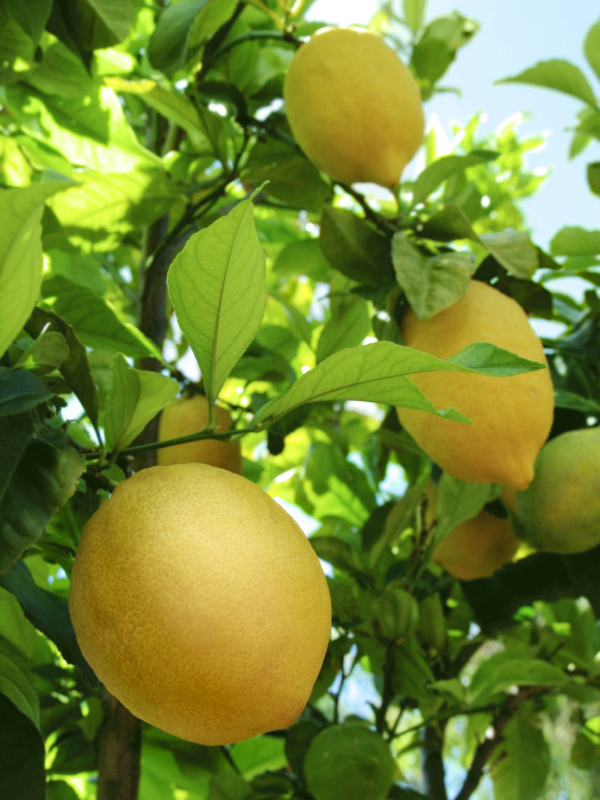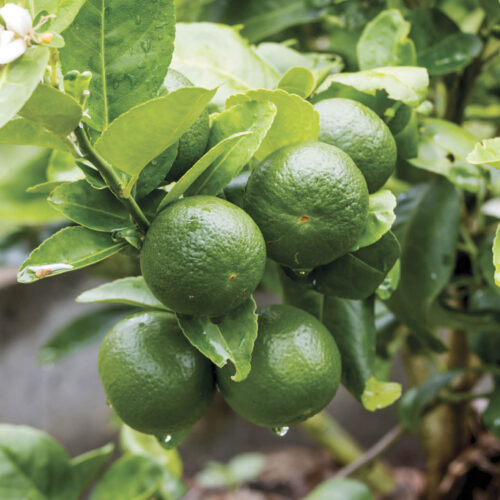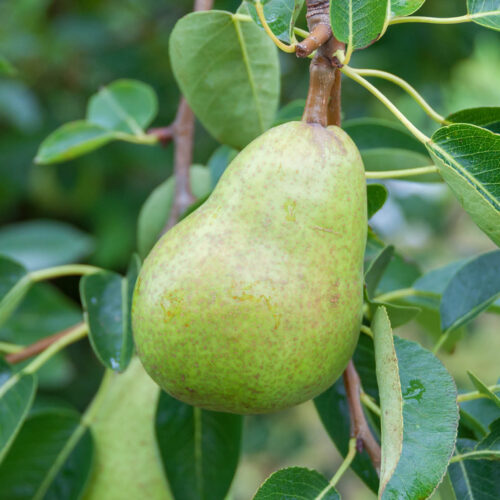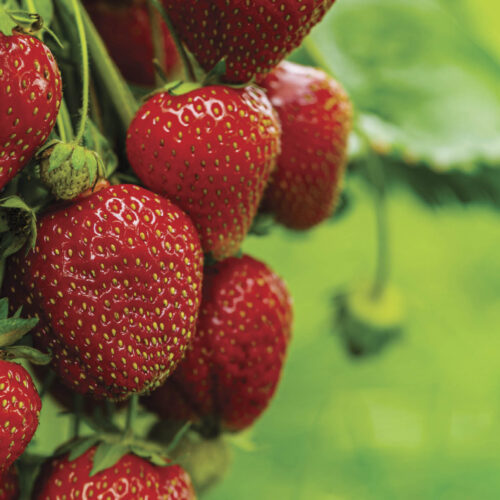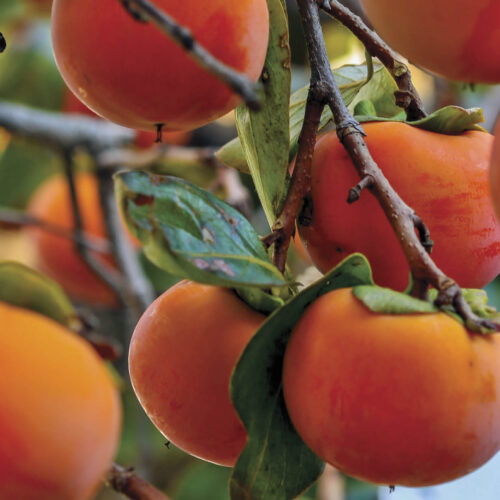Secrets to Lemon Success
2011-05-24T23:11:02+10:00
Gardening writers get asked more questions about growing lemon trees than anything else. They're a perennial favourite, and given the right treatment are one of the most productive trees in the garden. Justin Russell shares his lemon growing secrets.
My neighbour just dropped by with a large bucket full of lemons. This is the second bucket inside of a week, and she mentioned that there’s quite a few more buckets worth of fruit that will soon be ready to pick as well. This is all before we’ve even touched our own lemon tree, which is also covered in ripening fruit. It’s a lemon bonanza! This kind of productivity isn’t at all unusual for lemon trees, even straggly plants in neglected old gardens, but you’d never believe it judging by the number of questions gardening journalists get asked about citrus.
Even my neighbour had a question the other day. Standing over the bucket of beautiful looking lemons, she was wondering what was causing all the black stuff on the plant’s leaves. It is true that citrus are prone to a large range of problems. But it’s just as true that the majority of issues can be either prevented or corrected with just two simple remedies.
Remedy #1: Grow in favourable conditions
The first is good advice when growing any type of plant – give your lemon tree the best chance of thriving by growing it in favourable conditions. We tend to think of lemons as a universal type plant that will do well in any soil, and all climates. While there’s no denying the plant’s adaptability, lemon trees will always perform best in good quality soil and a subtropical location. Too close to the equator, and nutrient deficiencies caused by heavy rain become an issue, along with fungal diseases caused by excessive humidity. Too far from the equator, and issues such as frost become more and more problematic. This isn’t to say, of course that lemons won’t grow outside the subtropics. They will. But to maximise resistance to pests and diseases, it’s important give the plant the conditions it needs to thrive, namely rich, free draining soil, regular but not excessive moisture, and warmth.
Remedy #2: Regular feeding
The second simple technique to keep lemon trees healthy is regular feeding. I subscribe to the maxim that it’s almost impossible to overfeed a lemon tree. They are the greediest of greedy plants, and any amount of fertiliser you can offer will be eagerly lapped up. I feed my citrus trees monthly with a complete, Certified Organic fertiliser based on pelletised chook manure, and provide the occasional supplement of liquid fish emulsion during periods of prolonged wet weather (rainfall leaches nutrients from the soil, liquid fertilisers provide a rapid boost). I also have the occasional wee around the base of my tree. Nothing like a bit of truly natural fertiliser. To date I’ve had no disease problems with my citrus trees, and nutrient deficiencies are rare. The trees have had no scale, mould or scab problems, just the occasional outbreak of citrus leaf miner (easily controlled with an oil spray) and some chomped leaves by Orchard Swallowtail caterpillars. The leaves are generally a deep green.
So if you’re having problems growing lemons, try my two step remedy. Make sure the tree gets the conditions it needs to thrive, and then keep it thriving by feeding regularly with a good organic fertiliser. As for me, I’ve got fruit coming out of my ears, so I’m off to make a few bottles of my favourite lemon cordial. Happy growing!

